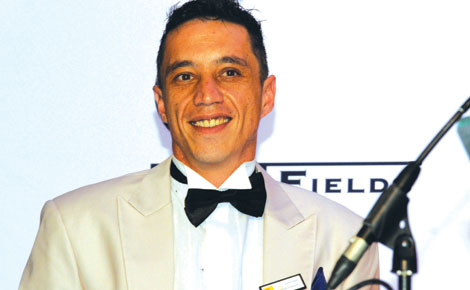×
The Standard e-Paper
Home To Bold Columnists

Kenya: At 17, Alister Swart dropped out of school because he disliked having to follow rules. He ran away from home, and with no education, the only job he could get was as a waiter. After serving meals and clearing tables for over a decade, Swart got fed up with his meagre earnings and began to strategise on how he would become self-reliant. Today, he is the founder of Rising Star, a South Africa-based company that recently set up shop in Kenya.